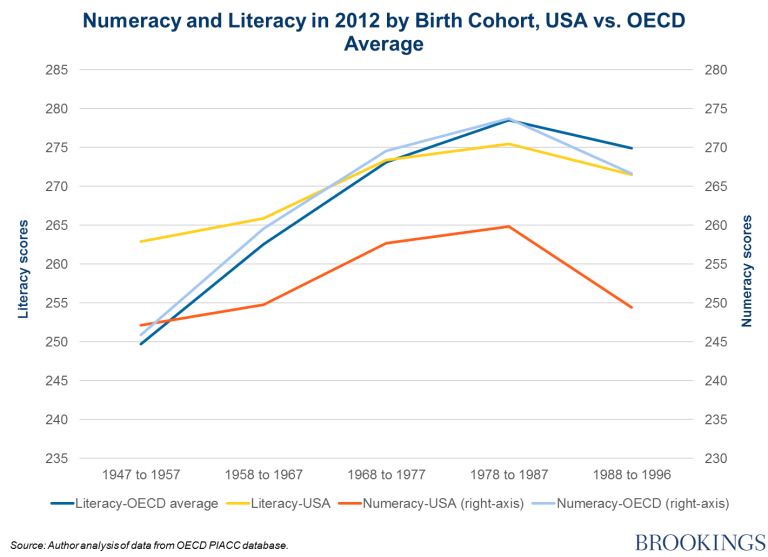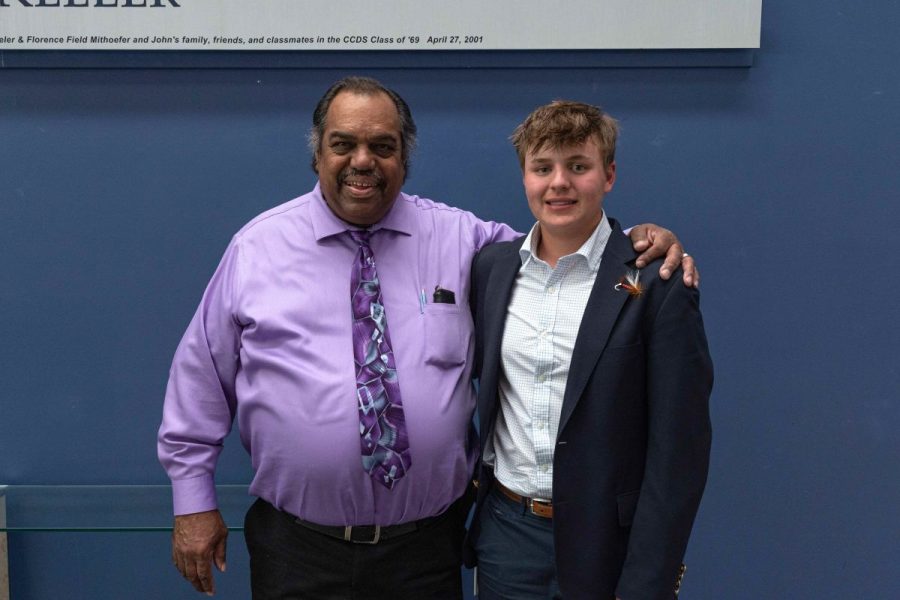By Mia Fatuzzo ’15, News Section Editor
On Tuesday, January 17, the Upper School celebrated multicultural morning. In her opening remarks, Mrs. Luebbers commented that the tradition had been around for so long, she wasn’t quite sure how it had gotten started. Multicultural mornings have, in the past, taken on differing forms. Three years ago, students picked from a slate of films including Hotel Rwanda and Billy Elliot. The following year, the Upper School gathered in Keeler Theater to watch A Ripple of Hope. This documentary follows the assassination of Martin Luther King Junior and Robert Kennedy’s speech, in which he announces the hero’s death, to a crowd in Indianapolis. Last year, the Black Cultural Workshop led a series of activities designed to spark conversation about racial and ethnic diversity.
This year, multicultural morning began in Keeler Theater. Mrs. Luebbers played a Ted Talk titled “The Danger of a Single Story” given by Nigerian novelist Chimamanda Adichie. Adichie spoke of her happy, prosperous childhood in Nigeria. When she moved for the United States for college, her roommates were disappointed to learn that her “tribal music was Mariah Carey.” But Adichie wasn’t the only character to fall victim to a stereotype. As immigration became an overwhelming political issue in the United States, Adichie was consumed by the media’s reports of Mexicans as impoverished, and desperate. When she visited the nation, she was shocked and ashamed. She too had based her assumptions of an entire people on a single story. Adichie’s talk culminates with an empowering thesis: “The single story creates stereotypes, and the problem with stereotypes is not that they are untrue, but that they are incomplete. They make one story become the only story.”
The Upper School then broke off into paired advisory groups of approximately twenty students and two teachers each. Teachers led their students through an icebreaker and then two activities. For the icebreaker, students were spilt into groups of five and challenged to build a tower about of spaghetti and marshmallows. Fierce competition ensued and the resulting structures topped 1 meter in height. Students then discussed exclusion by feigning the rejection of peers from lunch tables and equality of opportunity by creating posters with varying supplies.
Reactions to this year’s multicultural morning among the student body have been mixed. Sissi Fei (15), a Chinese exchange student, felt that the morning simply strayed from its title: “It had nothing to do with ‘multicultural.’ It was all icebreaking to get to know each other. I was paired with a group of students I’d never talked to so I did enjoy the chance to talk to people I’d never talked to.” Other students share this sentiment. They felt that the theme of the day was broad-based, perhaps, too much so. While the TED talk focused on a single story and the danger of stereotyping, the activities seemed to stray from the initial theme.
Stephan Liao, on the other hand, found the morning insightful. He described the theme of the activities as “acknowledging and celebrating each other’s differences.” He commented on the inclusion / exclusion activity: “It made me realize being excluded would make everyday life hard. Sitting and talking to friends shouldn’t be a strain. If it is, then real sources of stress – school, for example – would become too much.” He also felt that the poster activity spoke to the theme of rejecting stereotypes. From the finished product, he pointed out, an onlooker could come to imperfect conclusions about how talented the group was. In that activity, the poster was one story, but the circumstances – the allotted resources – provided another.
Multicultural morning provoked many unique responses in the Country Day student body. Some students found the morning more beneficial than others. Students disagree on its message – the rejection of stereotypes, the importance of inclusion, and the implication of opportunity – but they agree that the event provided a time for reflection and understanding. The most common complaint among the student body is that the event, multicultural morning, is a misnomer. Students simply feel that, while the event promoted many valid ideals, none of them encompassed the importance of culture or diversity. In one sense, this argument is accurate. However, I feel that multicultural morning, by transcending targeted discussions of race or ethnicity, spoke to a larger proportion of the student body and encouraged the acceptance of not only traditionally recognized minorities but also anyone with an alternative story to tell.






